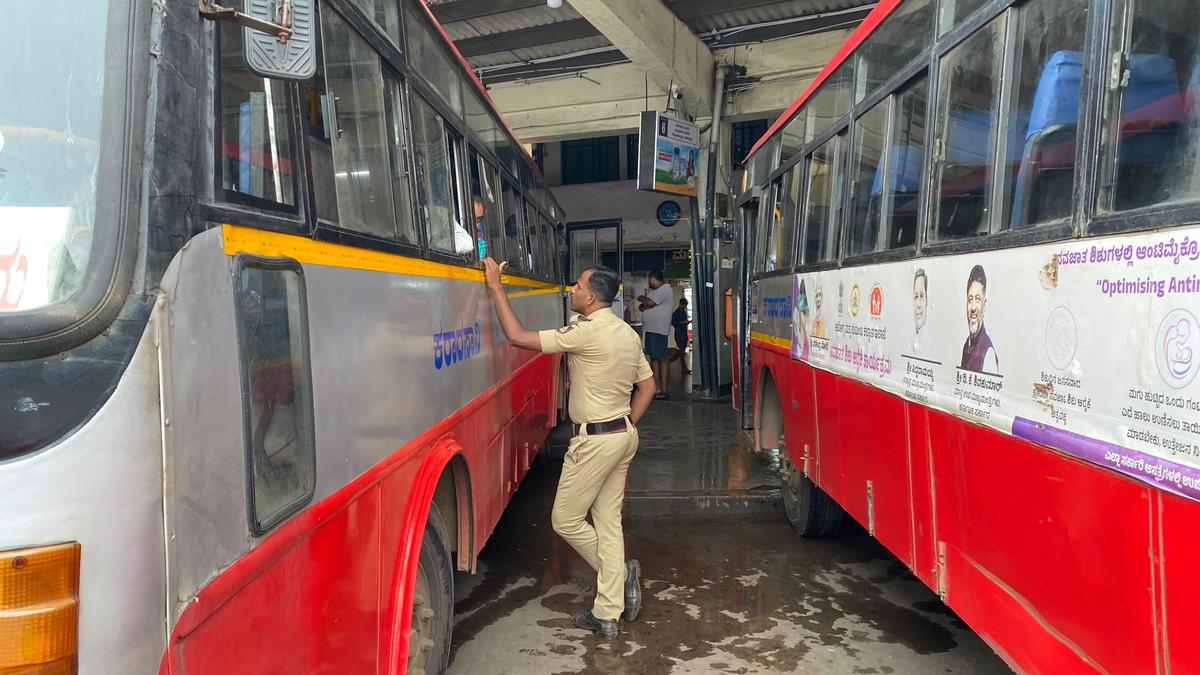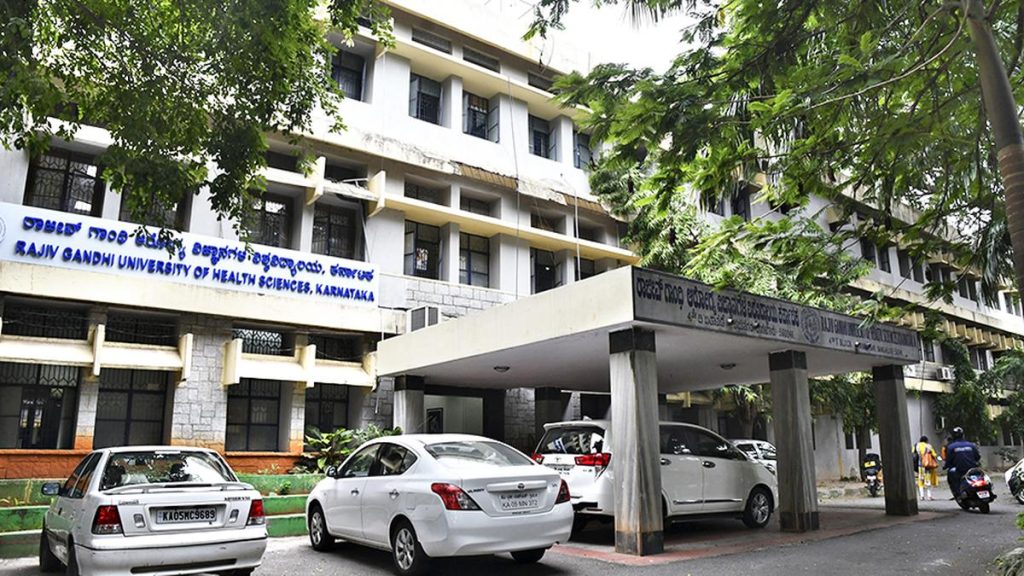Now Reading: Karnataka Bus Strike: 17,000 Employees Issued Notices
-
01
Karnataka Bus Strike: 17,000 Employees Issued Notices
Karnataka Bus Strike: 17,000 Employees Issued Notices

Speedy Summary
- around 17,000 show-cause notices were issued statewide to RTC employees across the four transport corporations (KSRTC, BMTC, NWKRTC, KKRTC) in Karnataka after they participated in the August 5 strike defying the Essential Services Maintenance Act (ESMA), 1981.
- The strike disrupted transport services across Karnataka wiht operational efficiency dropping to 71.9%, while Bengaluru city remained unaffected with a reported 100% bus operation rate.
- Transport Minister Ramalinga Reddy defended the action as routine under ESMA and reassured employees that major consequences were unlikely due to fewer participants.
- The strike caused an estimated ₹20 crore loss for state transport corporations. Officials are analyzing data to compile detailed reports on financial impacts.
- Key demands of protesting RTC unions include revised salary structure effective January 2024, release of pending arrears for 38 months from January 2020-February 2023, increased allowances and medical benefits, regularisation of contract drivers and technical staff, and exclusive operation of electric buses by permanent workers.
- A meeting held on August 4 saw Karnataka Chief Minister Siddaramaiah offer settlement for arrears covering only 14 months. Though, JAC rejected this proposal citing full payment as essential.
Indian Opinion Analysis
The issuance of show-cause notices under ESMA highlights a critical tension between workforce rights and service maintenance obligations in essential sectors. While legal enforcement ensures continuity in public services during periods of unrest-the rationale behind ESMA-such measures must balance fairness towards legitimate employee grievances.
The RTC strike’s financial impact underscores how disruptions strain tightly budgeted government-run enterprises reliant on daily revenue streams. This serves as a reminder about the meaning of effective negotiation strategies ahead of any agitation affecting public utilities.
JAC’s firm insistence on back payments may indicate deeper dissatisfaction among RTC employees about long-standing systemic issues such as unpaid arrears or employment status disparities like contract staffing concerns. whether these demands will influence broader labor policies or wage structures remains contingent upon ongoing discussions between unions and state authorities.
While operations quickly normalized after court directives halted further strikes temporarily, future industrial actions could depend heavily on how both sides navigate unresolved negotiations about pay scales and workforce regularization-a potential flashpoint deserving close observation by policymakers concerned with economic stability alongside workers’ welfare.
























